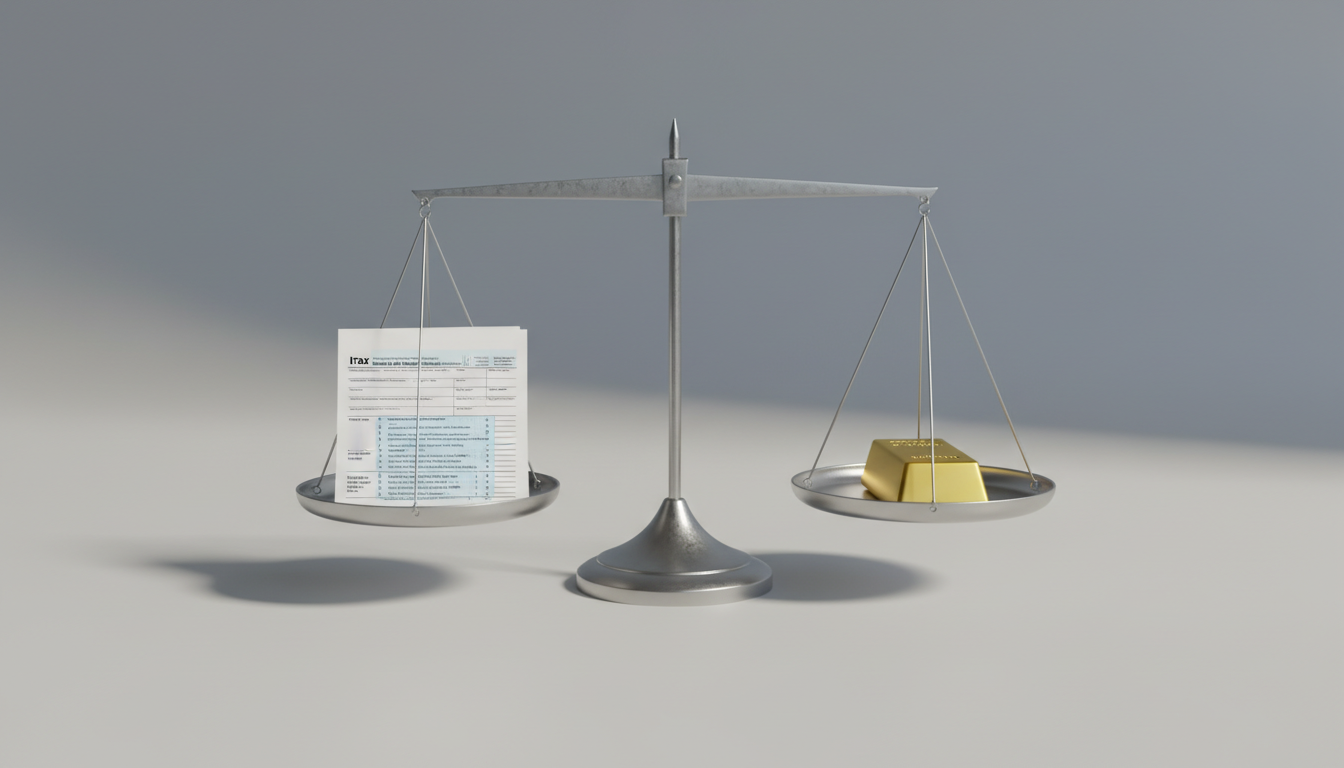In the world of high-end fashion and luxury goods, the materials used are just as important as the design itself. The science behind luxury materials has evolved significantly in recent years, with innovations in fabrics and finishes pushing the boundaries of what’s possible in terms of comfort, durability, and aesthetics. This article explores the cutting-edge developments in luxury materials, examining how technology and science are revolutionizing the industry.
The Evolution of Luxury Fabrics
Luxury fabrics have come a long way from traditional silk, wool, and cotton. Today, the industry is seeing a surge in high-tech materials that offer superior performance without compromising on elegance.
Smart Textiles
One of the most exciting developments in luxury fabrics is the rise of smart textiles. These innovative materials can change color, regulate temperature, or even monitor vital signs. For instance, some high-end fashion brands are now incorporating thermoregulating fabrics that can adapt to the wearer’s body temperature, ensuring comfort in various climates.
Sustainable Luxury
Sustainability is becoming increasingly important in the luxury sector. Brands are investing in eco-friendly materials that maintain the high standards expected of luxury goods. For example, some companies are developing luxury fabrics made from recycled plastics or organic, sustainably sourced materials. These innovations allow consumers to enjoy luxury items with a reduced environmental impact.
Advancements in Fabric Finishes
Nanotechnology in Fabric Treatment
Nanotechnology is revolutionizing fabric finishes. By manipulating materials at the molecular level, scientists can create fabrics with extraordinary properties. For instance, some luxury garments now feature nanoparticle coatings that repel water and stains while remaining breathable and soft to the touch.
Self-Cleaning Fabrics
Another groundbreaking innovation is the development of self-cleaning fabrics. Using photocatalytic materials, these fabrics can break down dirt and stains when exposed to light. This technology not only maintains the pristine appearance of luxury items but also reduces the need for harsh cleaning chemicals.
Innovations in Leather and Alternatives
Lab-Grown Leather
Scientists are now able to grow leather in labs, offering a cruelty-free alternative that’s virtually indistinguishable from traditional leather. This bio-engineered material can be customized for specific properties, potentially surpassing the quality of conventional leather.
Plant-Based Leather Alternatives
Luxury brands are also exploring plant-based leather alternatives. Materials made from pineapple leaves, apple peels, and mushroom mycelium are gaining traction in the luxury market, offering unique textures and sustainable credentials.
The Future of Luxury Materials
Biomimicry in Fabric Design
Biomimicry, the practice of emulating nature’s time-tested patterns and strategies, is set to play a significant role in future fabric innovations. We might see luxury fabrics that mimic the water-repellent properties of lotus leaves or the strength-to-weight ratio of spider silk.
3D-Printed Luxury Materials
3D printing technology is opening up new possibilities in luxury materials. Designers can now create intricate, customized fabrics and finishes that were previously impossible to produce. This technology allows for unprecedented levels of personalization in luxury goods.
Conclusion
The science of luxury materials is a rapidly evolving field, with innovations in fabrics and finishes continually redefining what’s possible in high-end fashion and goods. From smart textiles and sustainable alternatives to nanotechnology-enhanced finishes, these advancements are not just about creating more luxurious products – they’re about pushing the boundaries of material science itself. As consumers become more discerning and environmentally conscious, the luxury industry’s focus on innovative, sustainable, and high-performance materials is likely to intensify, promising an exciting future for luxury goods.



